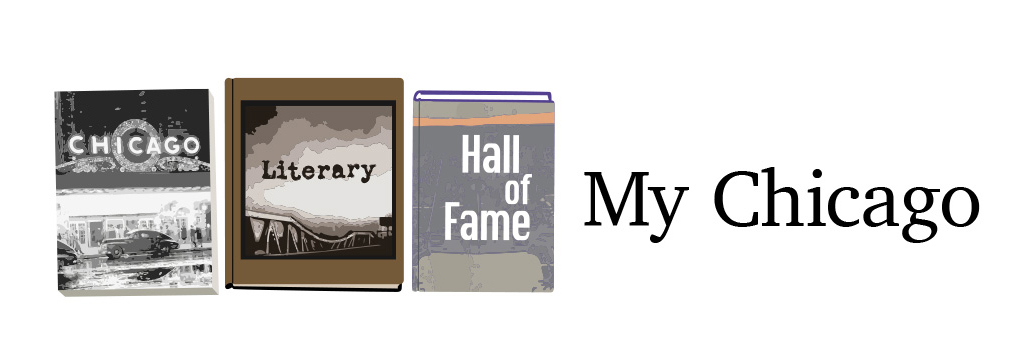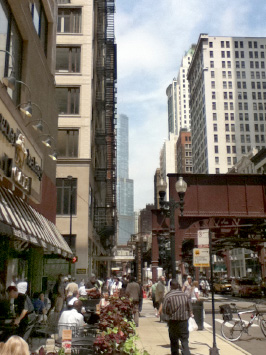Writing the Virus
By Donald G. Evans
Everybody’s doing it. Or they are avoiding it. Should we jump feet first into the sea of literature—some of it already published, some emerging—about Covid-19? Or, since so many others are already taking on this topic, do we go back to our regularly-scheduled work-in-progress?
 In conversations I’ve had with writer friends, these questions pose a real dilemma. In the same manner in which this virus has overwhelmed our way of life it has taken over our creative and intellectual space. Has it only been since March that we’ve been in this holding pattern?
In conversations I’ve had with writer friends, these questions pose a real dilemma. In the same manner in which this virus has overwhelmed our way of life it has taken over our creative and intellectual space. Has it only been since March that we’ve been in this holding pattern?
One writer told me, “Who’s going to want to read a police procedural now?” Another said, “I keep telling myself to just skip it, but then when I go to write every poem is somehow about that.”
It’s not just that the virus is evil in the way it manifests and spreads—though that, too. It’s that the virus seems part of a larger Dystopian novel that is now our lives. It seems tied to the protests against police brutality and the larger issue of racial injustice in this country. It certainly feels linked to the current state of politics and especially to the clownish, incompetent president cheering himself on as the country burns, literally and figuratively. I get the sense, as do, I believe, others, that Covid-19 is an agent exposing the sorry state of our affairs, from our health system, to our legal system, to our educational system, to a kind of self-centeredness that is coming to define the American citizenry.
Here we are. Waiting. In our houses or apartments, mostly. Trying to duck the virus. Trying not to spread the virus. Hoping this all ends and when it does we get back that which we never thought we could lose.
The reasons I decided to join the fray of authors exploring the pandemic through literature is that I think we need every and all thoughtful perspective. More than anything, these last five months have demonstrated that we don’t listen to, much less understand, one another. Maybe there is no solution to that. I, for one, cannot sympathize with those unwilling to wear a mask or who insist upon going to huge boat parties. Selfish assholes, or am I missing something?
Still. I believe that through our literature we access the better parts of ourselves. We need quality stories from all corners right now.
Personally, this provides me a way to explore my own thoughts on this unique time in history. What I’ve noticed is that the stories tend to be shaped by the hyper-informed, hyper-sensitive crowd, and I know that most people do not run in those circles. I plan to write a dozen stories—part of a collection—in which each narrator (and those around him or her) experience the health crisis in different ways. This gives me a chance to get inside the heads of characters whose circumstances vary wildly. I plan to move these characters around Chicago in order to also think about how the neighborhood structure of the city supports or impedes efforts to cope. I’m calling the collection, The Year of the Fucking Silver Lining.
The first of these stories, New Coat of Paint, will be published in the 40th issue of After Hours, a great Chicago journal celebrating its 20th anniversary this Thursday. The reading is open to the public via YouTube Live. I’ll be joined by Mary Blinn 2020 Poetry Prize Winner David Mathews and first-time After Hours contributor Erin Roux. An open mic will follow the featured readings. You can purchase copies of the journal through the journal’s website.
Chicago Literary Hall of Fame is co-sponsoring the event.



